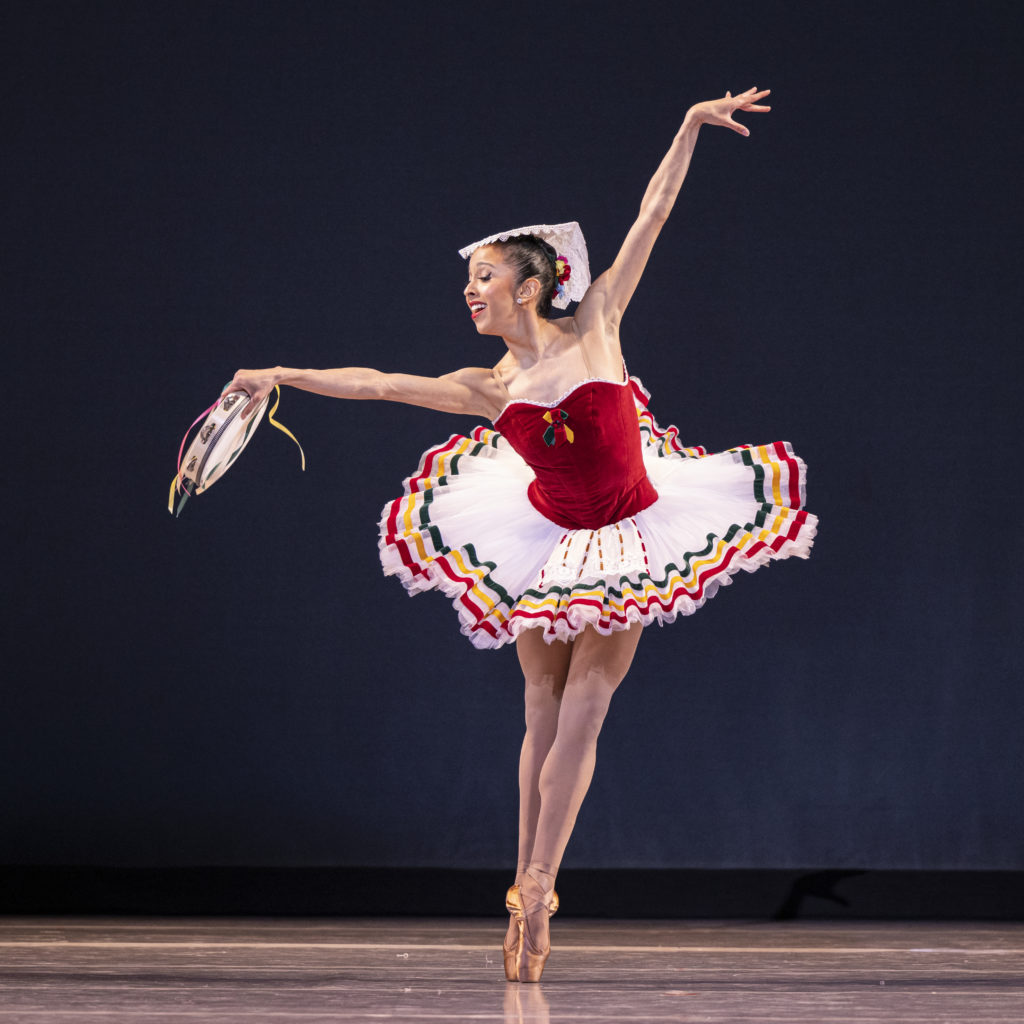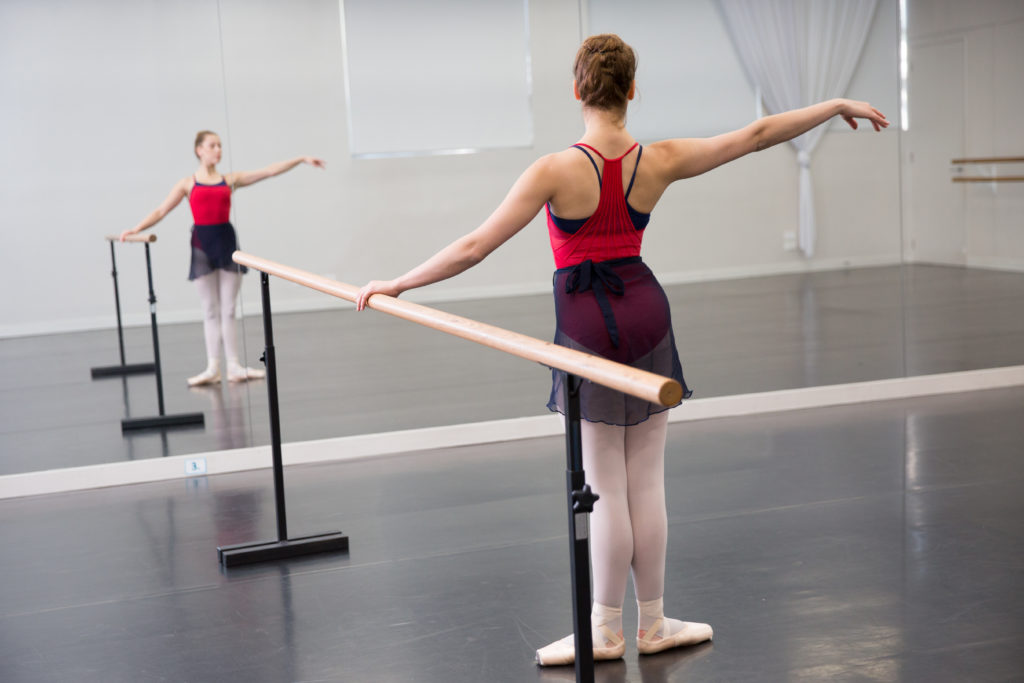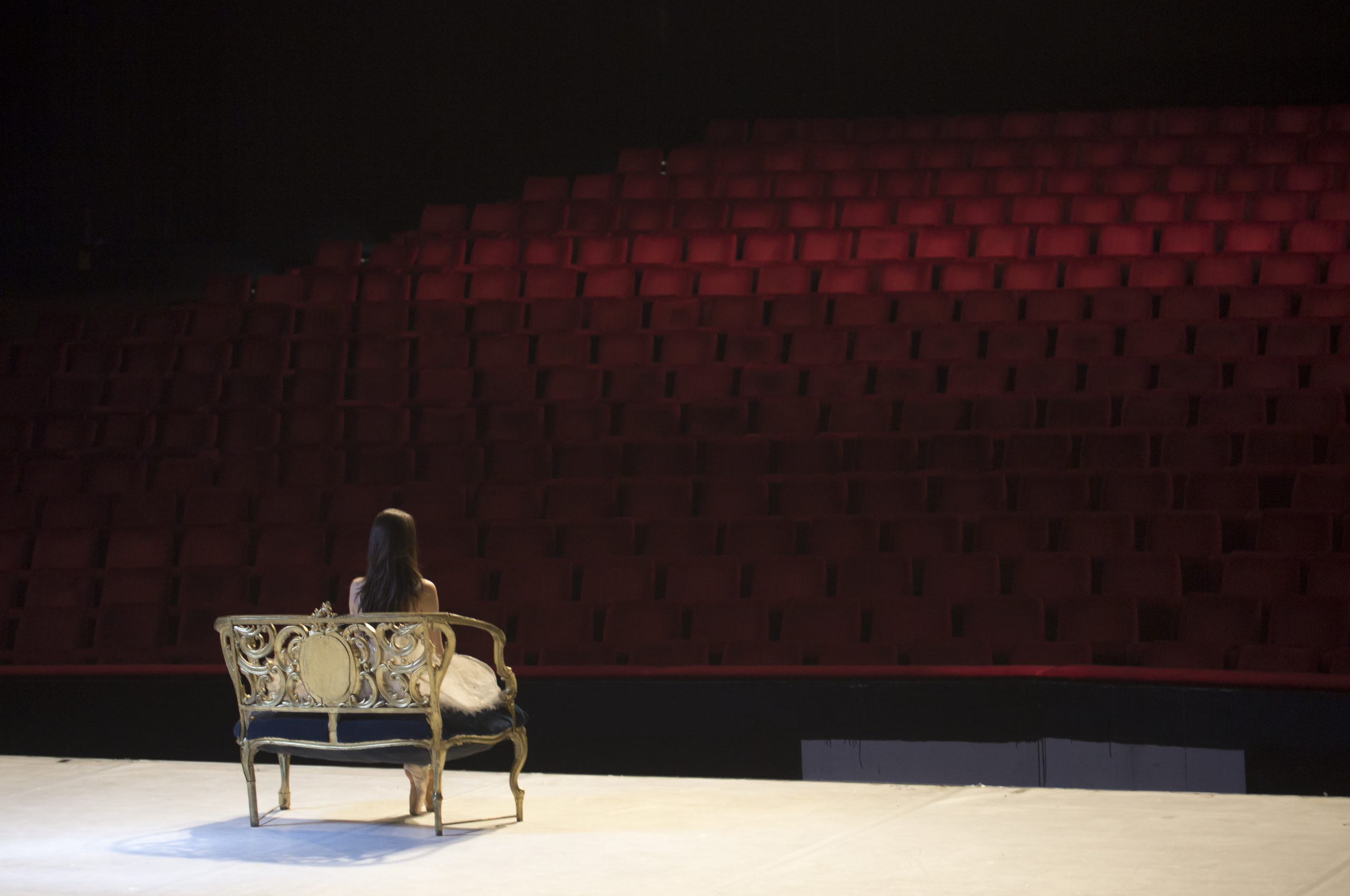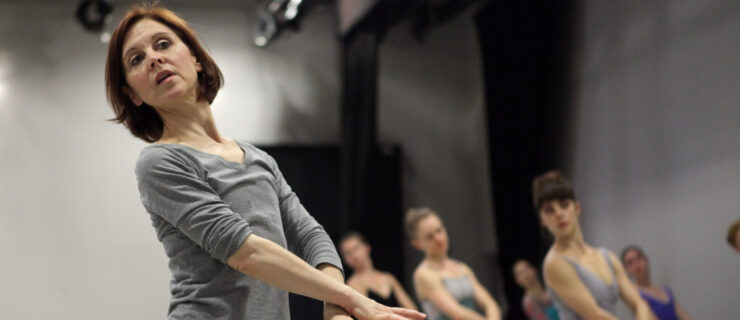Facing an Employment Gap? Whether by Choice or Circumstance, Here are Tips for Managing
As Jenna Rae Herrera neared the end of her second season with Ballet West II, she knew she would either get a company contract or move on to a new, more uncertain future. “I had fallen in love with this company, and it felt like such a good fit,” she remembers. But a corps position was not available. Instead, Herrera was offered a 22-week supplemental contract. It gave her some paid opportunities to perform with the company, but without other employment benefits like health care or a consistent paycheck. “I remember saying to my mom, ‘I don’t want to take it, I just want to take my pride and run away,’” she says. But a friend encouraged her to accept the offer. “It was a year of having faith and trust that everything works out for a reason,” says Herrera, now a Ballet West principal.
Many dancers face gaps in their employment or training, whether due to a lack of jobs, injury, disillusionment or some other reason. The pandemic has only exacerbated this possibility. Having this kind of break, whether by choice or by circumstance, can leave you feeling understandably anxious about what comes next. But if you dig in, this time can help you grow into a stronger and more prepared dancer.

If You’re Choosing to Take a Gap Year
It’s understandable to feel burned out—ballet training is hard, especially since the pandemic began.
Since dance careers are generally time limited, Dr. Brian Goonan, a psychologist who works with dancers in Houston, says that choosing to take a year away should be reflective and based on solid goals. “You have to be really honest about why you are doing a gap year,” says Goonan. “Do a full personal inventory: Why am I taking this time? And what do I want to accomplish? Then set your goals accordingly.” For instance, if you want to focus on your mental health, be fully committed to seeking the support and resources you need. Be clear about your intentions and hold yourself accountable.
Taking a break could help you reclaim your love of dance if you’ve been in a space or a mindset that’s no longer positive, or it may illuminate why you would feel better doing something else. If you keep an open mind and work intentionally toward your goal, you can make beneficial and unexpected discoveries.
Halfway through her junior year at Friends University, Rachel Dart was struggling with an eating disorder. She decided to remove herself from the program and go home. “It was a time of reflection,” she says, thinking back on that break period. “I was always dancing for the approval of a director.”

Dart took classes at her home studio, but largely pulled away from dance and found a love of weight lifting. “I had associated feeling weak and skinny with being a great dancer,” she says, recalling how others praised how she looked as a result of her eating disorder. Lifting helped Dart find confidence in her body’s strength and redefine her identity as a dancer. “I felt strong and beautiful,” she says. Nine months later, she joined Charlottesville Ballet as a trainee.
If You Are Determined to Get a Job
For dancers seeking work, the lack of structure they may experience during an employment gap can be challenging. “Find both a physical and mental practice that you are going to commit to,” says Baltimore School for the Arts department head Laura Halm. “Do it every day and at the same time every day.” Learning how to create and maintain your own schedule is a beneficial life skill.
Make sure your routine allows you to stay in peak condition. “The toughest and most important part of staying competitive in any athletic endeavor is that you need to have exposure to your competition,” says Goonan. Take open classes with high-level dancers if you are in a bigger city, or hire a coach to work with you. You can even explore virtual coaching opportunities. Look into freelancing, as well. Many dancers in this situation seek project-based work, dancing with smaller pick-up groups or as guest artists in school productions.

For Herrera, her supplementary contract from Ballet West meant that she would spend a few weeks dancing with the company, and then a few weeks off. She filled the gaps with classes in the pre-professional levels of the school and cross-training. “That year was the hardest I worked in my life,”she says.
Lisa Collins Vidnovic, director of the Metropolitan Ballet Academy, suggests planning ahead for audition season by researching companies. “See what’s out there, and set realistic expectations for places you may be a good fit,” she says. “If you can, travel to watch new companies and visit their training programs, like a college tour. Finding the right place is as much about knowing the right audition to place yourself as it is doing well in the studio.”
Diversify Your Identity and Skills
Many a dancer puts their whole identity into ballet, where a bad day in the studio easily gets transferred into a low feeling of self-worth. A gap year can help diffuse this.
Goonan points out that family, social and romantic relationships, spirituality and other factors contribute to having a whole sense of self. “Reestablish the relationships that got compromised because you were so focused on dance all the time,” he suggests.

Vidnovic advises students to develop new skills connected to dance. “Take the time to learn how to teach, offer to help write a grant, or choreograph a solo for someone,” she says.
Halm agrees, and even recommends branching farther out: “Explore those things other than ballet that you find interesting. All of those influences are going to improve your artistry, but also give you insight into what you want to do when this physical vessel no longer does what you want it to do.”
And no matter your circumstances, know that your identity as a dancer is there for as long as you want it to be. “Your environment does not determine if you’re a dancer or not—you do,” says Halm. “If this is something that you want to continue investing in, you’re going to find a way to do it. It will require thinking outside of the box, but that’s not a bad thing.”
Staying Motivated
It took Halm a year and a half to land her first full-time contract, with Hubbard Street 2, after graduating from Juilliard in 2002. During that time, she worked scores of odd jobs to afford taking class at least five days a week. “It was a hustle,” she says. “It started to be a question of, Am I ever going to get this? You have to keep reminding yourself what your intention is.”
Goonan notes that motivation is usually outcome-based and not focused in the present enjoyment of dancing. A key to maintaining motivation may be to simply ask yourself what you have tied it to. For instance, if you are struggling to get yourself to class, try connecting it to a larger goal, like doing your best in auditions in March.
What’s challenging is that when we dig deep to push through ballet’s hard days, it’s easy to lose sight of that initial joy that made us want to dance. Try taking a Zumba class with a friend, and carve out time for hobbies you enjoy; fill your cup with things that allow you to simply enjoy the process rather than striving for an outcome.
Herrera’s gap year was very stressful, but she ultimately got through it. Two weeks before the end of her supplementary contract, she was offered a place in the corps. “Have faith in what’s going to happen, and trust in the work you have done,” she says. “If you are working as hard as you can, someone will see that and value it.”






